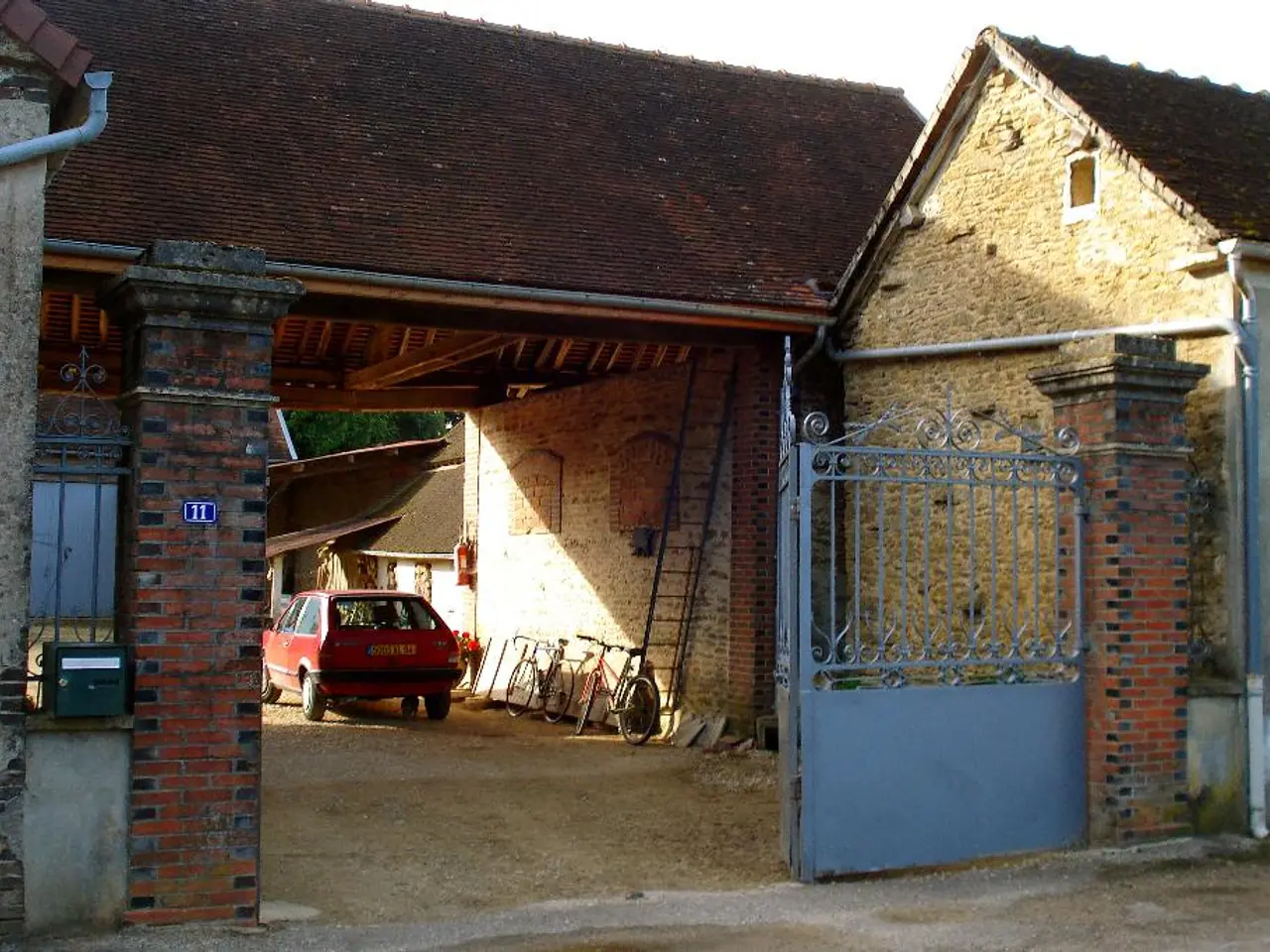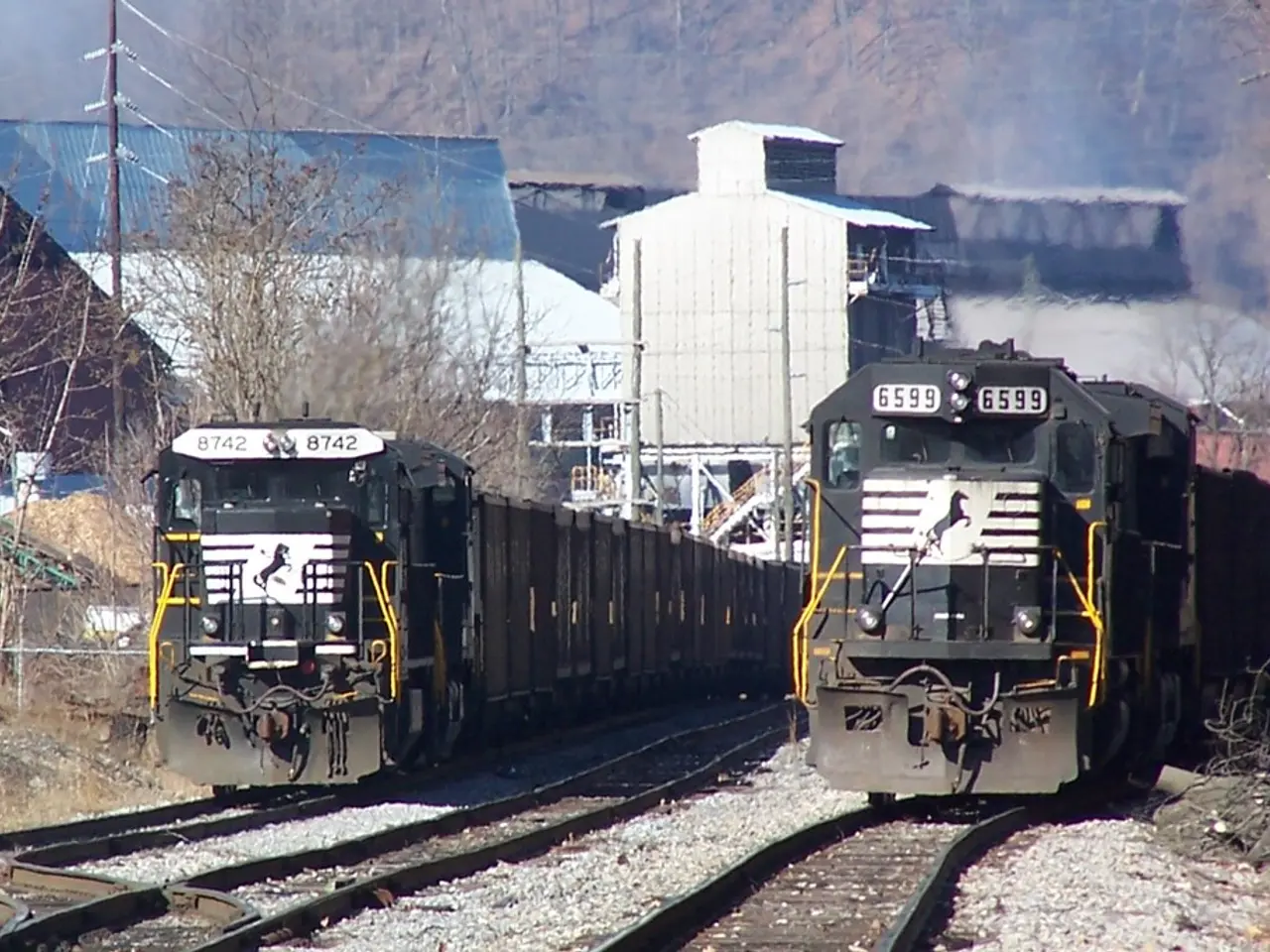Navigating Commercial Building Insurance: A Comprehensive Guide
Commercial Building Insurance Coverage: Learn About the Protections for Your Business Premises
Dive into the world of commercial building insurance, a crucial safety net for businesses against potential loss or damage to their physical assets. This type of insurance is a must-have for any company that owns or rents a building, particularly those with valuable equipment or supplies.
The Scope of Commercial Building Insurance Coverage
Commercial building insurance safeguards your business by covering key physical assets like the building itself, equipment, inventory, fixtures, and furniture. In the event of an incident such as a fire or theft, the policy can help shoulder the costs of replacement or repair, sparing you from sudden, heavy expenses that could disrupt your operations.
Risks Covered by Commercial Building Insurance
Typical coverage includes risks like fire, lightning, wind, and theft. For instance, if lightning wreaks havoc on your electrical systems, a commercial building insurance policy would likely help cover the repair costs. Similarly, if someone manages to break in and steal valuable inventory or equipment, your coverage can help replace your losses.
The Impact of Engineering on Commercial Building Insurance
Engineering plays a pivotal role in reducing risks associated with commercial buildings. By incorporating safety features like fire-resistant materials, reinforced foundations, and proper ventilation systems, a well-engineered building can resist damage from natural events like wind and fire. As a result, such buildings may enjoy lower insurance premiums due to their reduced risk of damage.
Factors Affecting the Cost of Commercial Building Insurance
Several factors impact the cost of commercial building insurance. Location, building materials, usage, and more all play a part. Buildings in high-crime areas may face higher insurance rates due to increased risks of theft or vandalism. Likewise, buildings made from fire-resistant materials typically have lower insurance costs. Lastly, the type of business operation may affect premiums; properties with higher foot traffic, like restaurants, may have higher premiums due to increased liability risks.
Uncovered Territory: What Commercial Building Insurance Doesn't Cover
While commercial building insurance covers many common risks, it's not a one-size-fits-all solution. Typically, it doesn't cover flood damage, which requires separate flood insurance. Additionally, it doesn't cover liability claims for injuries on the property or damages resulting from employee negligence, intentional harm, or vehicle accidents.
The Advantages of Hiring a Public Adjuster
Navigating insurance claims after a property loss can be complex. This is where hiring a public adjuster comes in handy. Working for the property owner rather than the insurance company, a public adjuster ensures that your interests are represented. They can help document the extent of the damage, negotiate with the insurer, and potentially expedite the claim process.
Our platform simplifies the management of commercial building insurance needs by providing structural inspections, engineering services, and assistance with insurance claims. Our primary goal is to save you time, reduce stress, and shield your building against potential harm. Contact us to start securing your business today.
Enrichment Data Insights
- Fire and lightning damage is a primary coverage in commercial property insurance.
- Coverage against theft, burglary, and vandalism is usually included.
- Natural disasters like storms, wind, hail, and earthquakes (depending on policy specifics) can be covered.
- Losses due to utility service interruptions may be covered.
- Business personal property, including supplies, inventory, computers, and tools, is often included.
- Additional coverage can extend to valuable papers and records, accounts receivable, identity theft resolution, and newly acquired or constructed property.
- The platform offers structural inspections and engineering services, aiming to reduce insurance premiums by incorporating safety features like fire-resistant materials and reinforced foundations.
- In the commercial building industry, finance heavily influences business operations, with factors like location, building materials, usage, and business operation type all contributing to insurance premium costs.
- Hiring a public adjuster can be beneficial when navigating insurance claims after a property loss, as they work for the property owner to document damage, negotiate with insurers, and potentially expedite the claim process.




